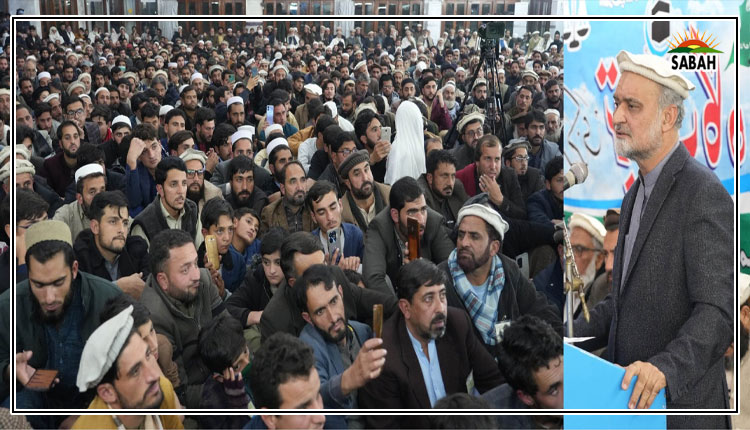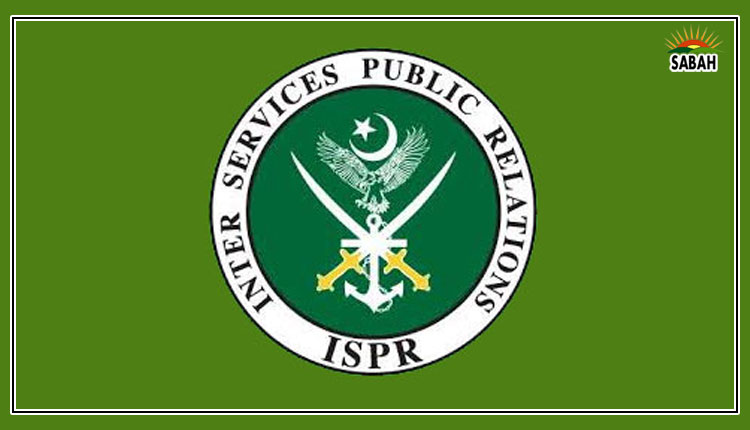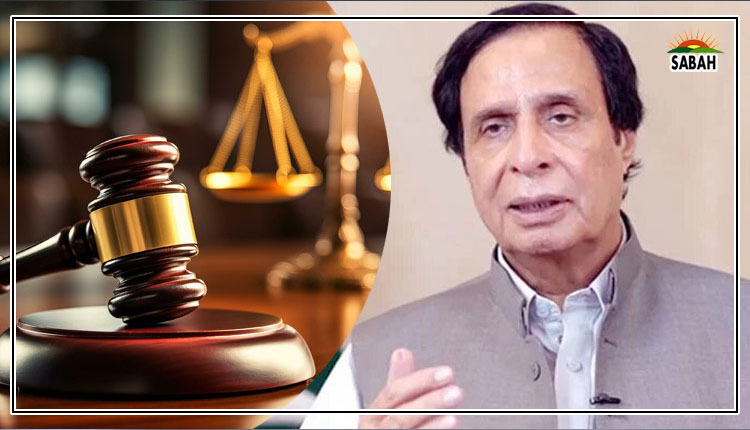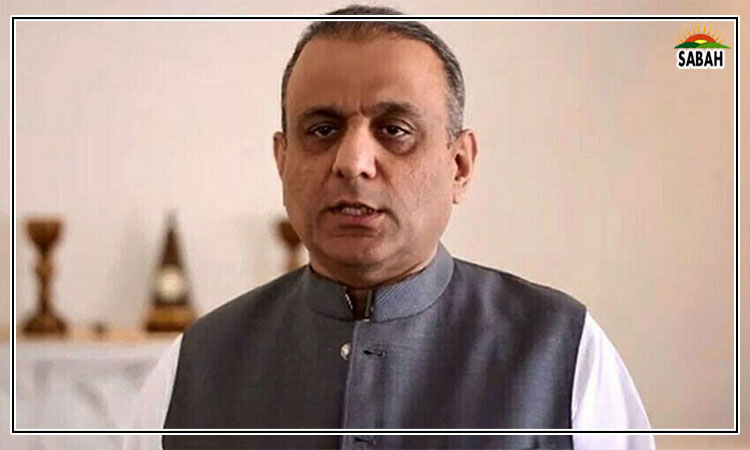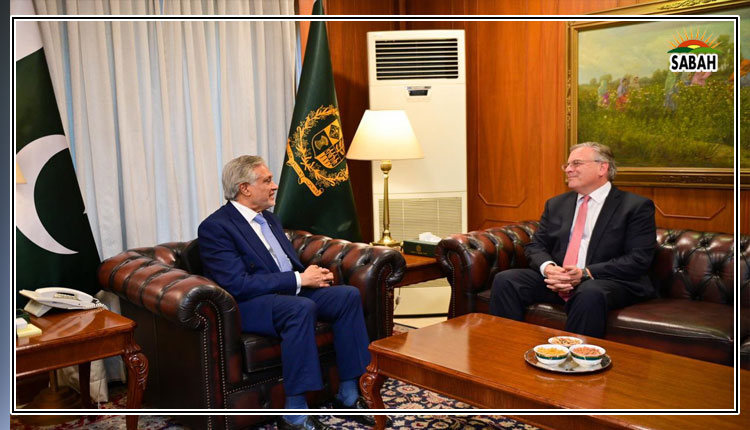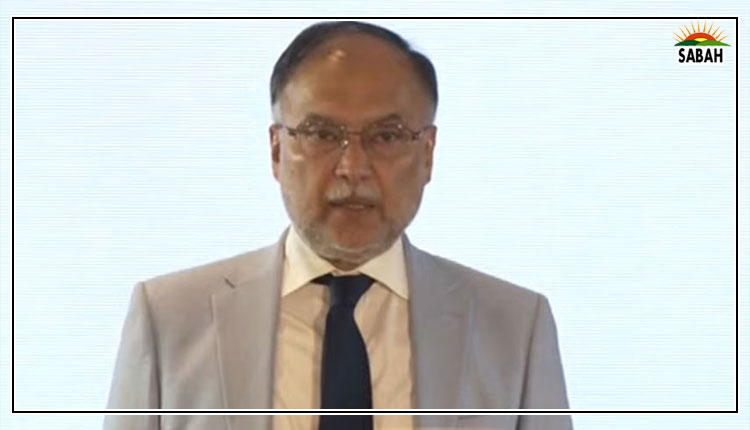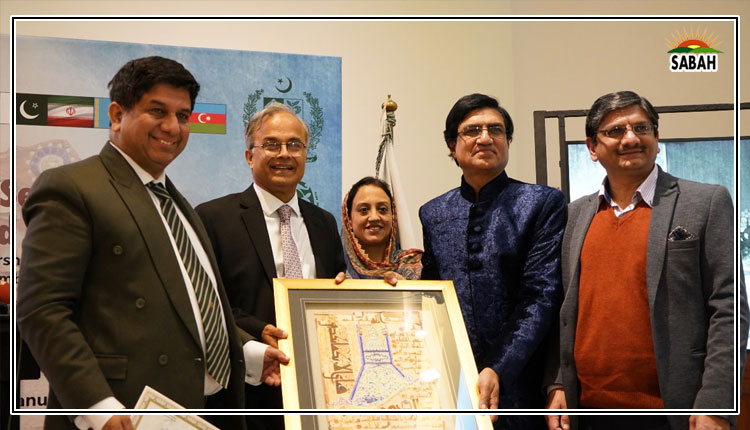National Assembly approves summary for not releasing election funds of Rs21billion to ECP
ISLAMABAD, April 17 (SABAH): Despite the Supreme Court of Pakistan’s orders, the National Assembly on Monday approved a summary sent by the Standing Committee on Finance and Revenue regarding non-provision of Rs 21 billion funds to the Election Commission of Pakistan (ECP).
Federal Minister for Law and Justice Senator Chaudhry Azam Nazeer Tarar Advocate presented the motion regarding the provision of Rs 21 billion to Election Commission of Pakistan on the orders of Supreme Court of Pakistan. The National Assembly rejected the motion presented for the release of Rs 21 to ECP for holding of Punjab assembly elections.
Meanwhile, Azam Nazeer Tarar, while addressing the NA session, maintained that the SBP was not authorised to release funds adding that it was the prerogative of the NA and the ministry of finance and revenue.
Tarar reiterated his earlier statement. He said the apex court’s decision to hold the election in Punjab on May 14 had been to “please one man”, apparently referring to former prime minister and PTI Chairman Imran Khan. He noted that the parliament had passed a resolution to hold election all over the country on the same day.
The Supreme Court on April 14 directed the central bank to release funds worth Rs21 billion for elections in Punjab and send an “appropriate communication” to this effect to the finance ministry by Monday (April 17).
A three-member SC bench, headed by Chief Justice of Pakistan (CJP) Umar Ata Bandial and comprising Justice Ijazul Ahsan and Justice Munib Akhtar, conducted an in-chamber hearing last week regarding the non-implementation of its April 4 order to the federal government and directed the central bank to release funds.
The directives came after the electoral body submitted a report informing the apex court that the Ministry of Finance has failed to release funds as ordered by the three-member bench on April 4.
A special meeting of the National Assembly’s Standing Committee on Finance and Revenue was held earlier on Monday in this regard, which decided to refer the matter to the federal cabinet.
At the outset of the meeting on Monday, SBP Acting Governor Sima Kamil informed the NA panel the regulator has allocated Rs21 billion for the ECP to conduct polls in Punjab on the directives of the Supreme Court, however, it does not have the authority to release funds directly.
Law Minister Tarar informed the panel that the Ministry of Finance had already said that it does not have sufficient funds to hold elections in Punjab on May 14.
“Spending twice on elections is not in the country’s interest”, the law minister said, adding that the apex court had directed the central bank to arrange the funds. He maintained that the trustees of government funds are elected representatives of the people.
It should be noted that Finance Minister Ishaq Dar was also summoned by the NA body; however, he didn’t attend the meeting on Monday as he was in Saudi Arabia to perform Umrah, according to sources.
PML-N leader Chaudhry Muhammad Barjees Tahir added that if the central bank releases funds directly to the electoral body it will be against the law.
“How can the Supreme Court direct the SBP to release funds?” Tahir questioned, adding that if elections are held in Punjab separately it will affect the results of the general elections of the other three provinces later.
The central bank’s acting governor, addressing the criticism it received for allocating the funds, explained to the lawmakers that by allocating the funds the amount will remain in the account.
She further added that they appeared before the Supreme Court on its directive and informed the apex court that the central bank can allocate funds; however, it cannot release the funds.
Meanwhile, State Minister for Finance and Revenue Aisha Ghaus Pasha emphasised that the SBP cannot spend money without the permission of the parliament.
“If the National Assembly allows funds can be released [to the ECP],” she said, clarifying that even the Finance Division cannot spend without seeking permission from the cabinet and the lower house.


